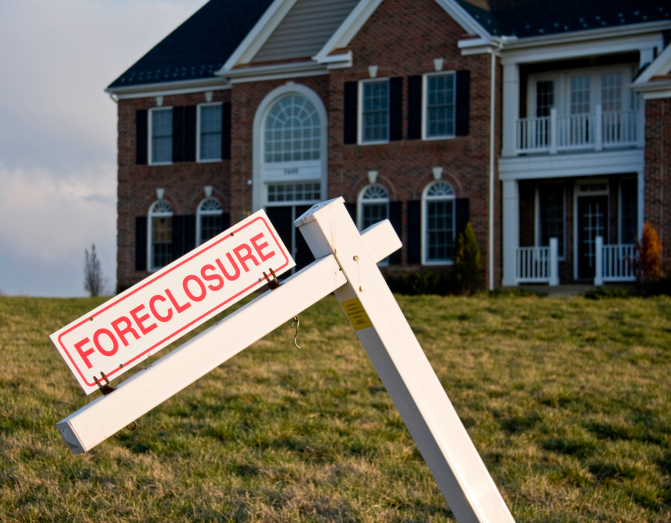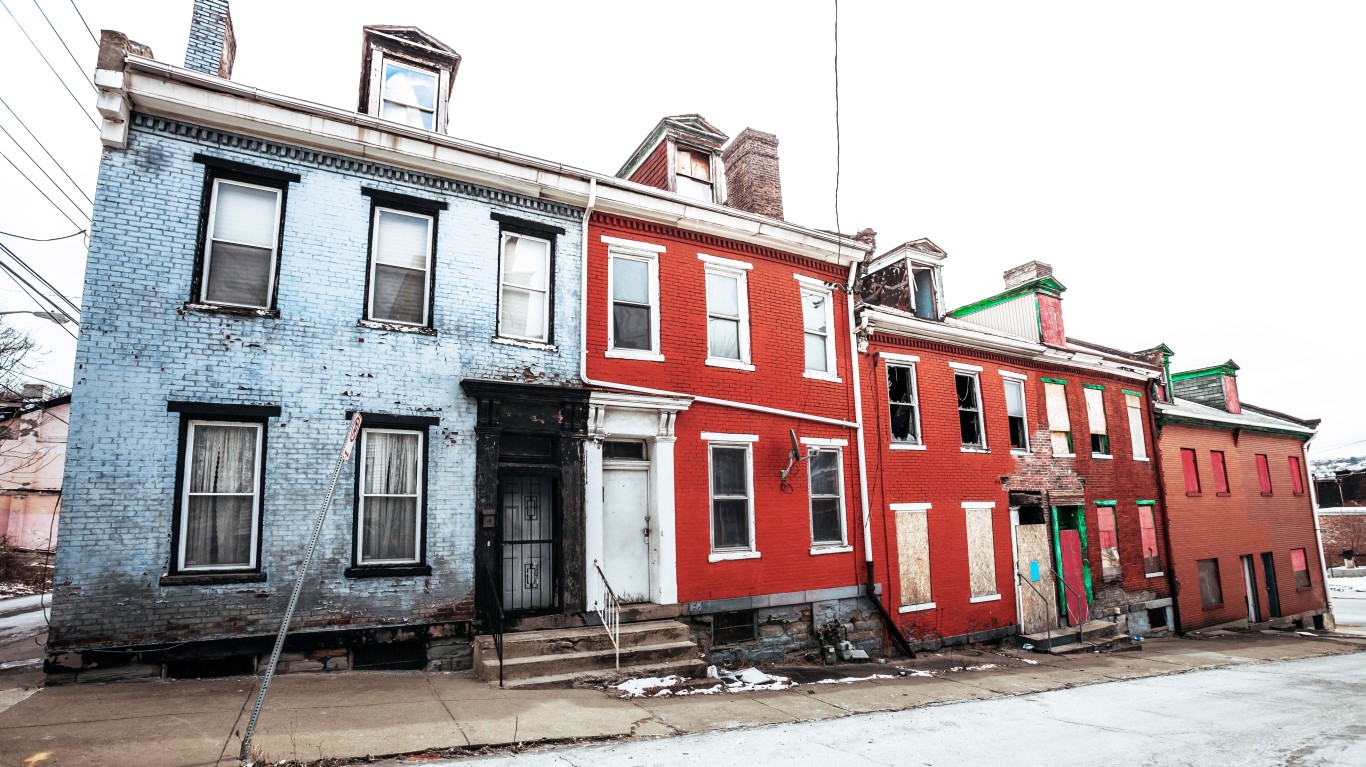RealtyTrac, a leader in home foreclosure data, reported that the inventory of homes in foreclosure rose 9% year-over-year in the first quarter of this year to 1.5 million homes. Source: Thinkstock
Source: Thinkstock
In its Foreclosure Inventory Analysis, it reported the reason for the new inventory is simple. More homes have made it through a legal system that in some states decelerates the process. That does not mean the net effects are good, at least so far as homeowners who live in neighborhoods where these foreclosures occur are concerned.
“Delinquent loans that fell into a deep sleep after the robo-signing controversy in late 2010 are gradually coming out of hibernation following the finalization of the national mortgage settlement in April 2012,” said Daren Blomquist, vice president at RealtyTrac. “The settlement provided some closure regarding accepted foreclosure processing practices, and as a result lenders have been reviving more of these delinquent loans and pushing them into foreclosure over the past 12 months, particularly in states where a lengthy court process has resulted in a bigger backlog of non-performing loans still in snooze mode.”
The reason is cold comfort for people with homes for sale, or those who hope to sell their homes soon.
The second piece of bad news for homeowners in areas where foreclosures are on the rise is that many of these houses are not occupied. That means they are more likely to be in disrepair than homes still occupied by their now-former owners. Falling down property rarely fetches a premium.
Among properties actively in the foreclosure process (excluding bank-owned properties), 35 percent were properties identified as vacant or where the homeowner had moved.
The markets recently cheered data from Case-Shiller that showed that home prices rose the most in six years in January, in a year-over-year measurement.
As more and more cases are made about how much the home market has recovered in sales and price, and when this trend started and when it might end, there will be an increasing body of contradictory data. Unfortunately, the basis on which researchers collect data vary widely from firm to firm. What one company calls a recovery, another will call a false signal. The housing collapse was so rapid and brutal that sorting out the true course and reasons for a halting recovery may take as many years as the period over which the downturn occurred.
Sponsored: Want to Retire Early? Here’s a Great First Step
Want retirement to come a few years earlier than you’d planned? Or are you ready to retire now, but want an extra set of eyes on your finances?
Now you can speak with up to 3 financial experts in your area for FREE. By simply clicking here you can begin to match with financial professionals who can help you build your plan to retire early. And the best part? The first conversation with them is free.
Click here to match with up to 3 financial pros who would be excited to help you make financial decisions.
Thank you for reading! Have some feedback for us?
Contact the 24/7 Wall St. editorial team.



